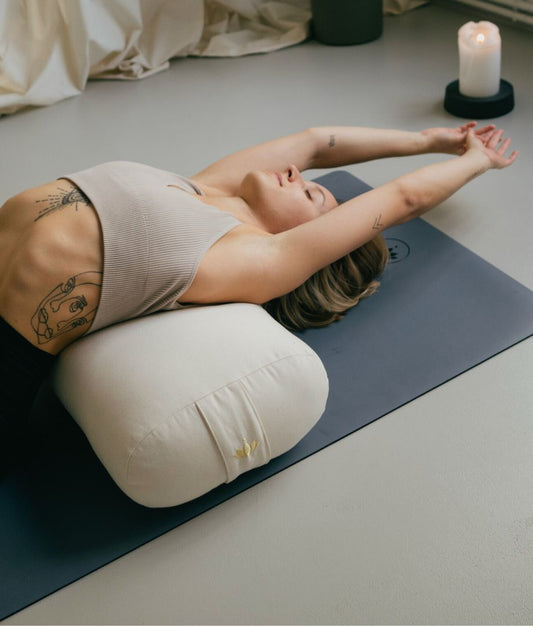
Set-Offers
Save when you buy a set
Shopping cart
Your shopping basket is empty
Yoga
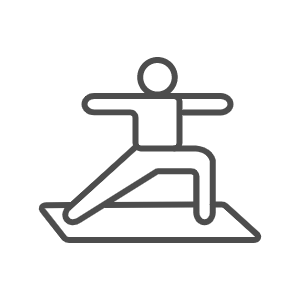
Meditation
Bundles
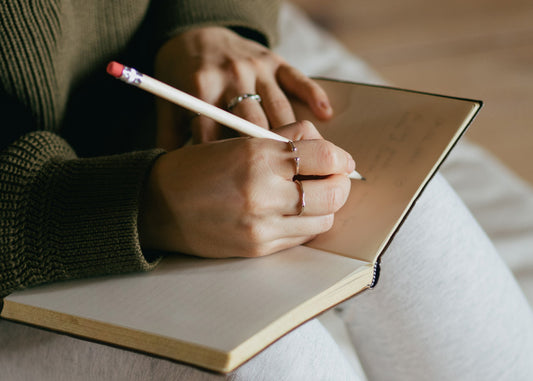
| Achtsamkeit

Journaling is about gaining access to your own thoughts and feelings by using different writing methods and putting your inner world on paper. The journal is a mindful and conscious look within that you set aside time for regularly, ideally every day. It serves for self-reflection and supports positive inner experiences, provides motivation to pursue one's goals and, above all, ensures emotional and mental clarity.
Regular journaling can be a helpful tool, especially for mental health, to help you deal with your own life issues and provide more clarity . Many of us have hectic everyday lives and we are overwhelmed with so many stimuli every day that it is difficult to process it all at the end of the day.1. 6-minute method
In the morning or evening, you'll answer a few questions and take time to check in with yourself. The 6-minute method is the easiest way to start journaling and actually stick with it. The 6-minute method is also particularly suitable for anyone who finds it difficult to establish routines. Once you have found a good routine for yourself, you are welcome to swap questions and provide variety.
Example questions:
• What am I most looking forward to today?
• How do I feel today?
• How easy or difficult do I start the day today/do I go to bed today?
• What do I want to achieve/experience today?
• How can I take good care of myself today?
• What can I be proud of today?
• What brought me joy today?
• What am I grateful for today?
2. Reflection questions
There are reflection questions for every topic in life that provide you with many interesting insights. In this way you get to know yourself, your thoughts, feelings, inner resistances and conflicts better and learn to deal with them carefully and understand yourself better.
• What things particularly inspire me? Why?
• What am I most afraid of? What can I do to overcome this fear?
• What qualities in myself would I like to cultivate more?
• What characteristics or bad habits do I want to get rid of?
• When do I feel particularly self-confident?
• When do I feel unsafe? Why?
• Where am I getting in my own way?
• What mistakes in my life have taught me the most?
• What can give me the greatest joy?
3. Journaling with prompts
Journal prompts are also very suitable for self-reflection and can also go into more depth. Journal prompts are the beginnings of sentences that you can then complete and think about again afterwards.
Here are a few ideas for journal prompts:
• I achieve my goal by…
• It is important to take good care of myself because…
• I have a conflict with…. (person/situation) because…
• Today I’m particularly looking forward to…
• I am thankful for…
4. Stream of Consciousness - free writing
The stream of consciousness is about simply writing about what is bothering you in the present moment without thinking too much about it. You don't have to understand or explain your thoughts and feelings in great detail; let the critical voice of your mind rest and write down everything that goes through your head, what you feel and perceive. Everything can fit on the paper so you can let it go.
No matter whether they are ideas, dreams or worries: everything finds a non-judgmental space to be expressed here. With stream of consciousness, with a little practice, a flow state is eventually achieved and the subconscious takes part in the writing process. It can be very meditative and reveal things about yourself that you may have never thought about in your everyday consciousness.
If you're having a hard time getting started, set an alarm for 10-15 minutes or start with a journal prompt on a topic that's currently bothering you and expand on it. This form of journaling can be very healing and relieving because there are no rules or expectations for you.

In yoga, we not only practice postures (asanas) or breathing exercises or meditation to keep ourselves physically healthy, but above all, all practices in yoga serve to calm the mind and learn to observe our feelings and thoughts objectively. Journaling can be an additional help here.
For example, before you get on your yoga mat, you could write down what's bothering you, how you feel about a situation in your life and what feelings it makes you feel.
After a yoga session, write down your perception again and compare whether your perspective or feeling has changed. Maybe you gained new insights or realized that you don't need to stress yourself out too much.
In yoga we also set a lot of things in motion energetically, write down your experiences and insights from your personal yoga routine and watch how you develop further.
No matter which journaling method you choose, you can't go wrong. Journaling helps you cultivate more mindfulness, it increases your emotional intelligence and it can help reduce stress and see things more calmly.
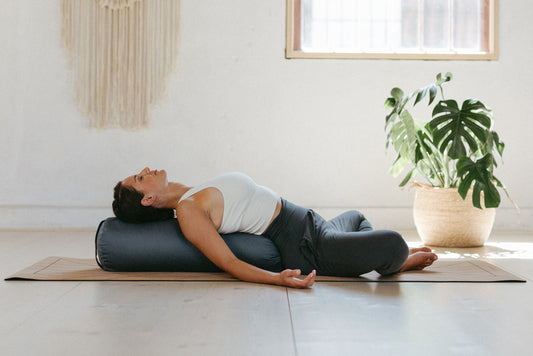
Yoga offers numerous health benefits, especially when it comes to specifically reducing stress. It is already known that regular yoga practice c...
Continue reading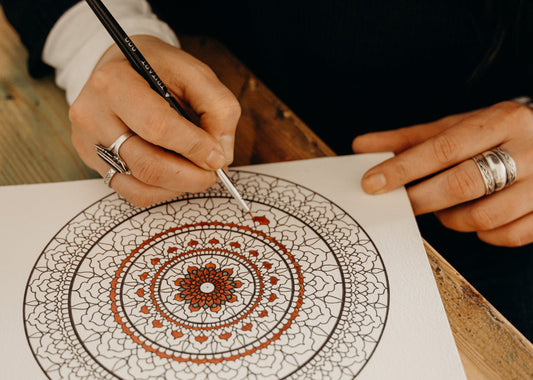
In the world of mindfulness practices, in addition to yoga and meditation, there are a variety of other exercises that help us reduce stress and ...
Continue reading
There are no comments yet. Be the first to leave a comment!